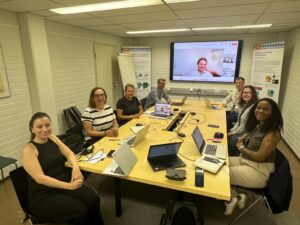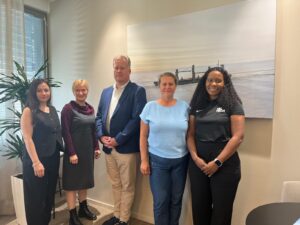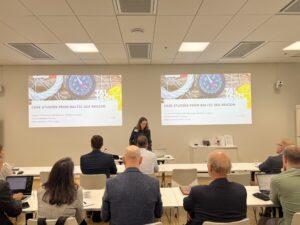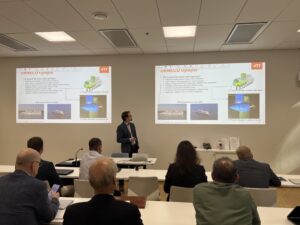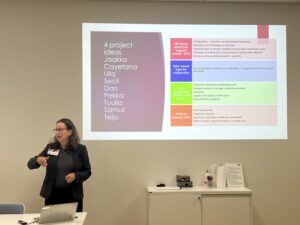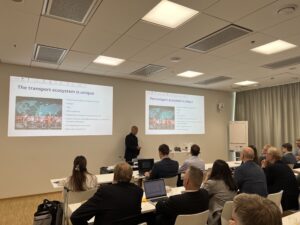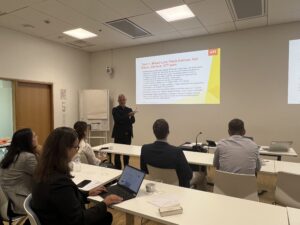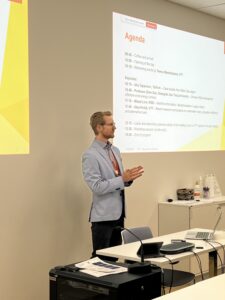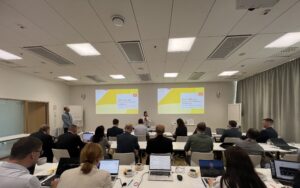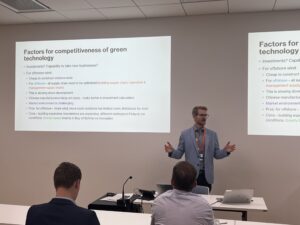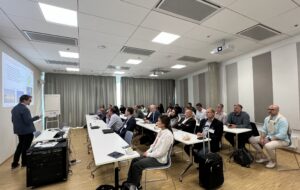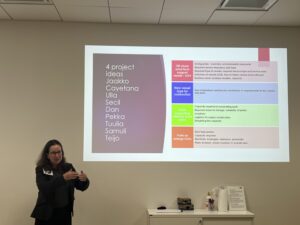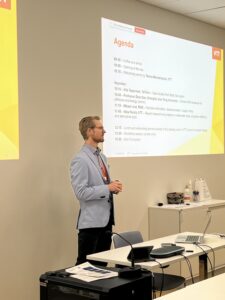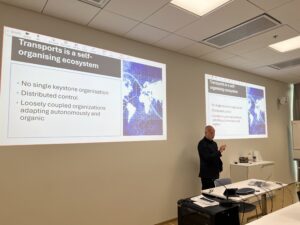On 11 September 2025, the 2nd Innovation Workshop of BALTIC-FIT project took place in Espoo, Helsinki, Finland. The event was organised by VTT Technical Research Centre of Finland and held in cooperation with the Team Renewable Arctic Future (TRAF) R&D Workshop, bringing together researchers, industry representatives, and policymakers. The specific focus was shipping and port operations in ice-covered regions in winter – a critical challenge for the Baltic Sea and Arctic transport.
The programme opened with welcoming words from Teemu Manderbacka (VTT), followed by contributions from international experts. Ulla Tapaninen (TalTech) presented case studies from the Baltic Sea region, addressing sustainability challenges and opportunities. Professor Zhen Gao (Shanghai Jiao Tong University) shared insights into the Chinese R&D landscape for offshore wind energy, while Mikael Lind (RISE) highlighted the role of maritime informatics in decarbonisation and supply chain optimisation. VTT experts concluded with presentations on propulsion efficiency, underwater noise, and alternative fuels.
In the afternoon, participants joined a hands-on workshop in smaller groups, working on solutions for vessel requirements in the Baltic Sea region, port competitiveness, and feedback on proposed decarbonisation measures.
By combining regional case studies, global perspectives, and technical innovations, the workshop highlighted the importance of international collaboration in advancing energy-efficient, zero-emission shipping — particularly in ice-affected waters.
The visit to VTT reinforced the strong partnership within the BALTIC-FIT consortium and showcased the project’s commitment to innovation and sustainability in maritime transport.
